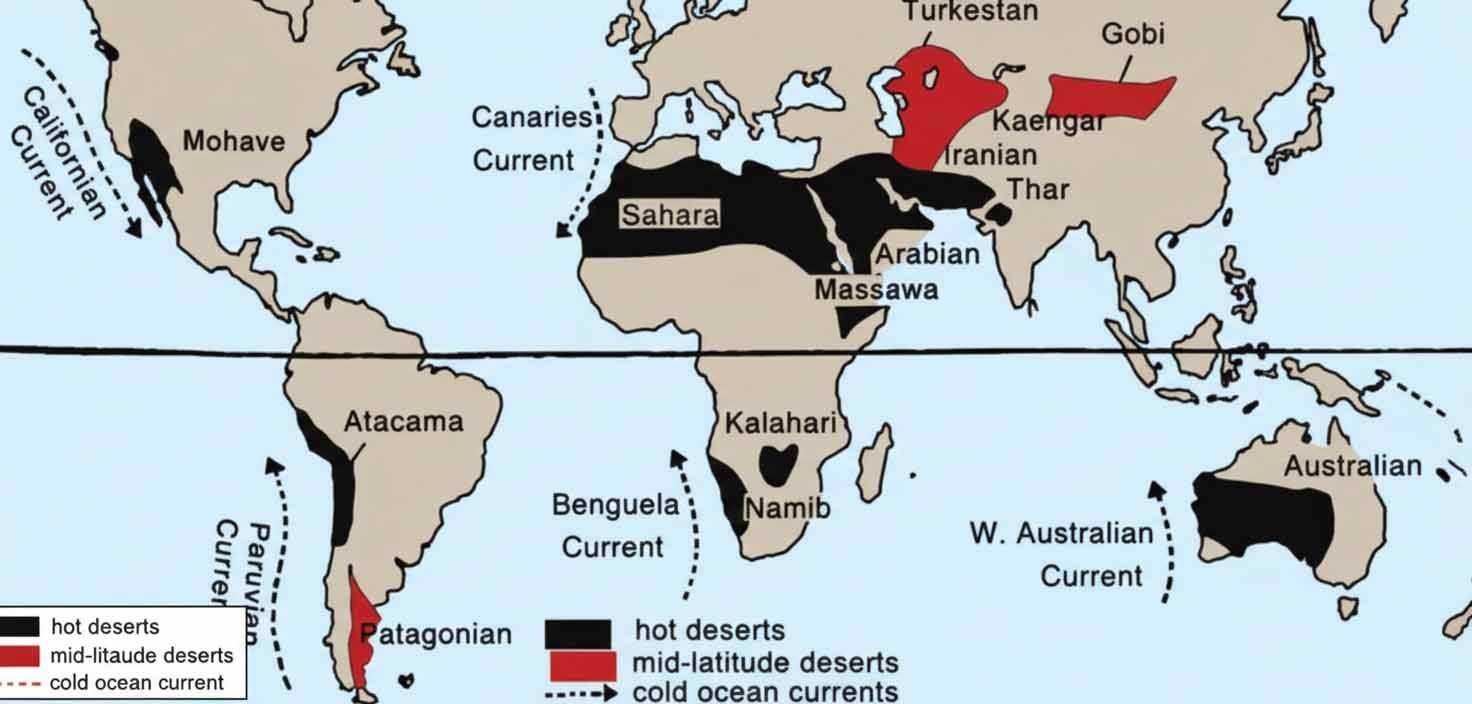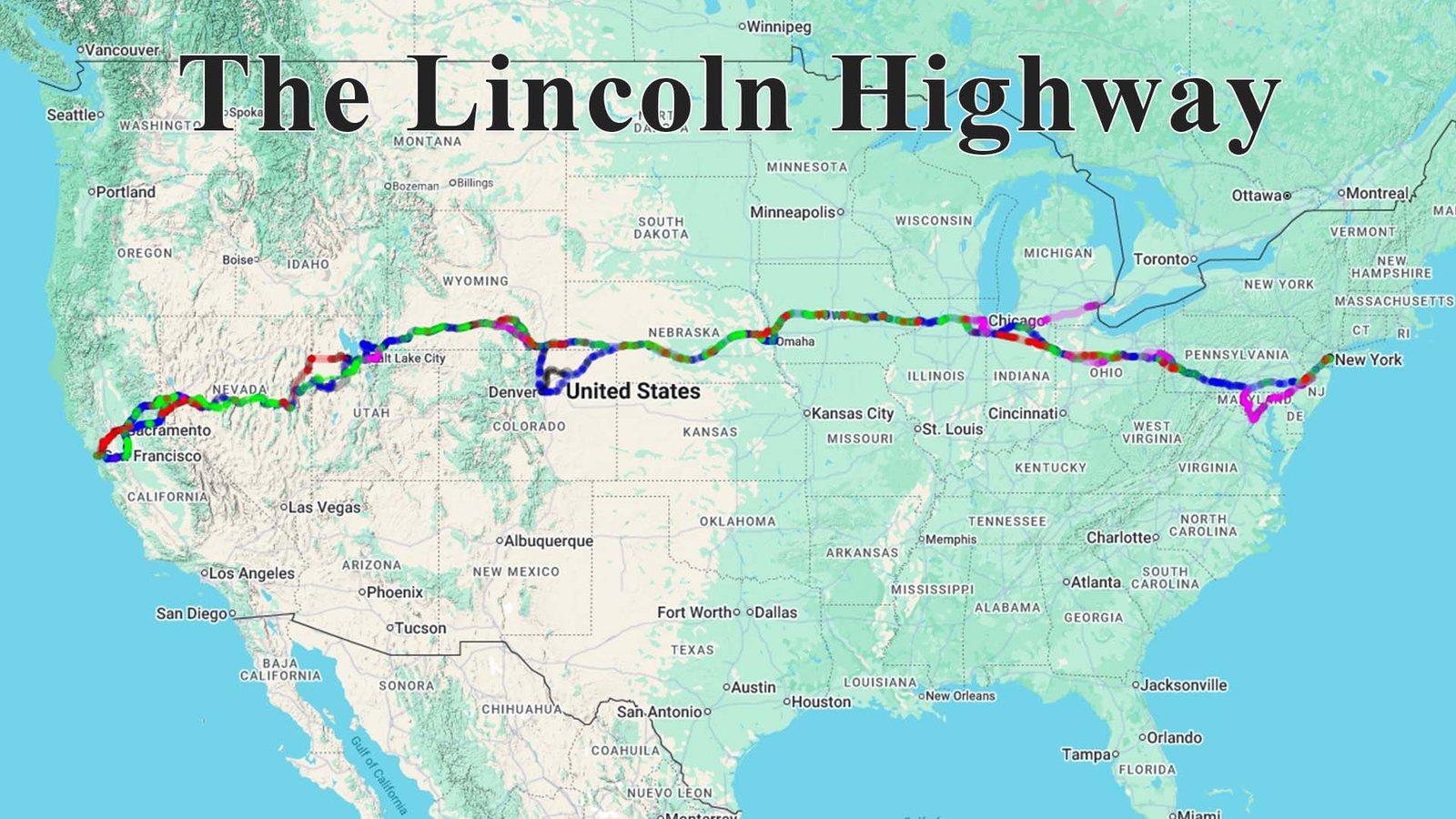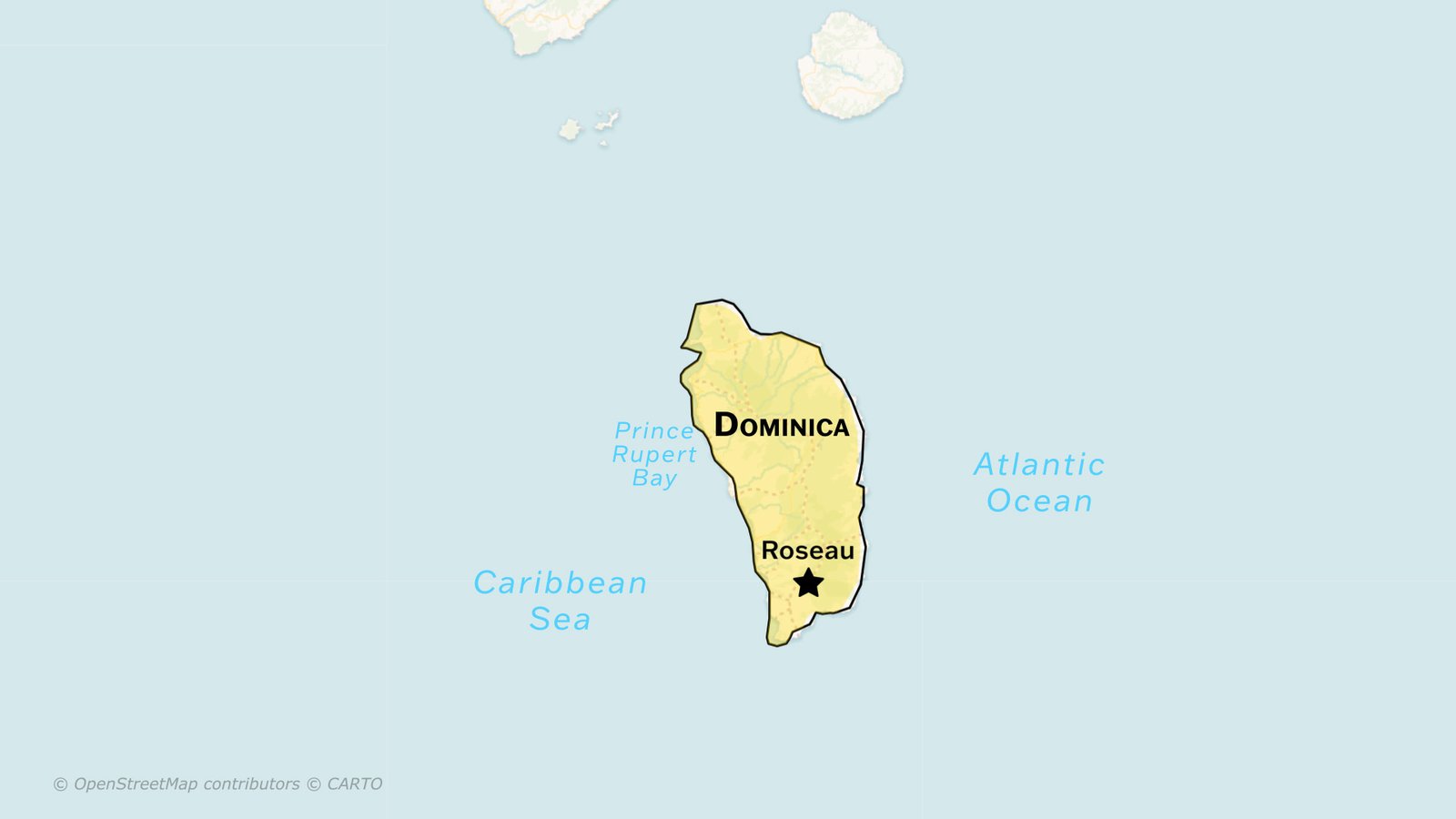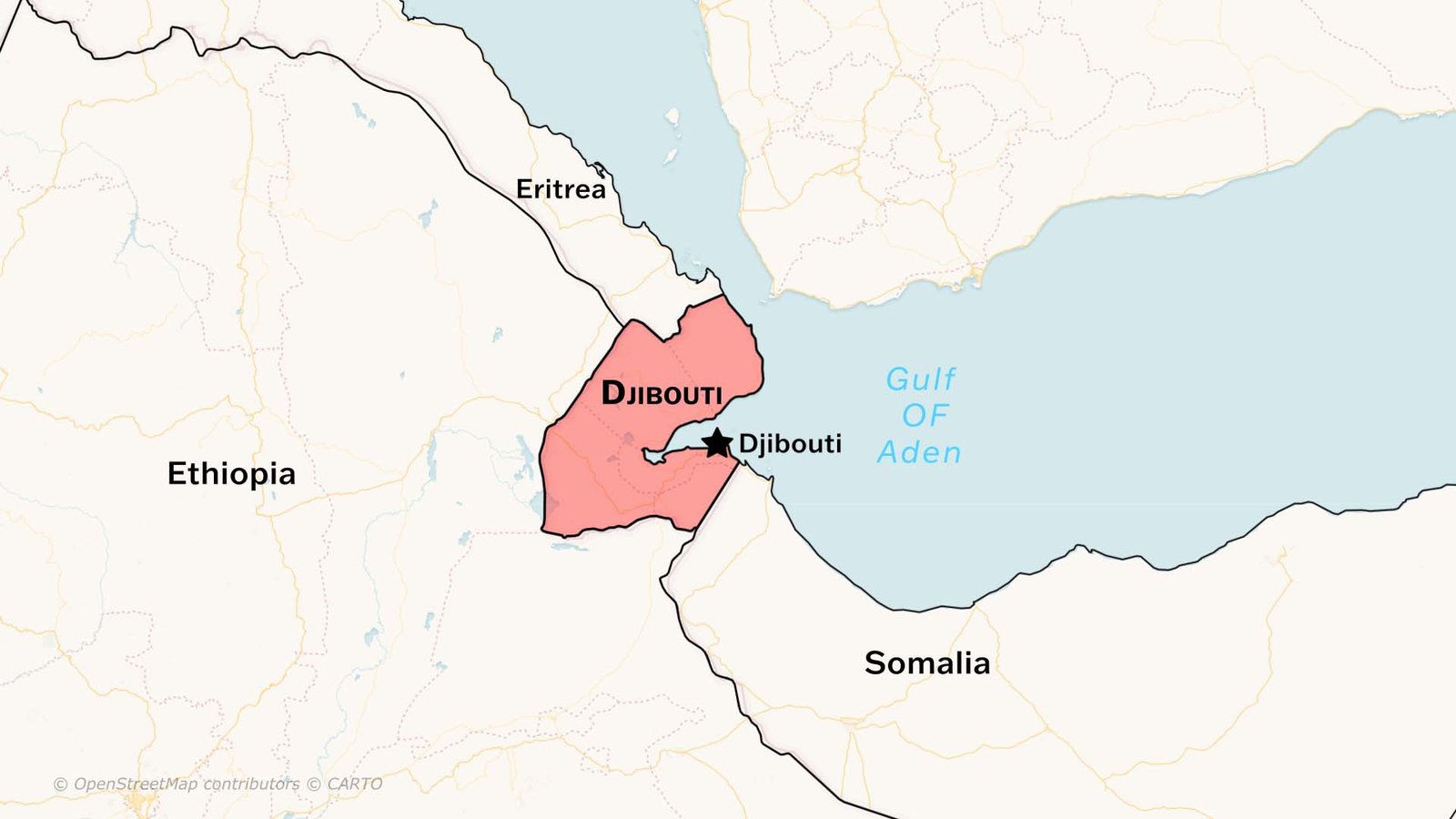History is full of people who left powerful marks on society. Some influenced politics, some brought scientific revolutions, while others inspired cultural and social change. The modern world we live in today is shaped, directly or indirectly, by their actions and ideas.
Let’s take a closer look at 12 historical figures who truly changed the course of history in ways that still affect us today.
1. Alexander the Great 🗡️
Alexander wasn’t just a king of Macedonia; he became one of the greatest conquerors in history. By the age of 30, he created an empire that stretched from Greece all the way to India. More than his battles, what made him special was how he spread Greek culture—language, art, and philosophy—across the known world. This mixing of cultures created a foundation for modern Western civilization.
Unique Impact: He showed that cultural fusion can be as powerful as military strength.
2. Julius Caesar 🇮🇹
Julius Caesar reshaped Rome from a fragile republic into an empire. His leadership style, reforms, and even his tragic death shaped political systems for centuries. He centralized power, reformed the calendar (hello, July 👋), and left behind a model of governance that influenced monarchs and democracies alike.
Unique Impact: He showed the dangers and power of central authority, something still debated today.
3. Prophet Muhammad (PBUH) ☪️
Prophet Muhammad transformed Arabia and influenced billions of lives worldwide. Through the message of Islam, he redefined spirituality, law, and social justice. His teachings emphasized equality, charity, and fairness—principles that continue to guide entire societies.
Unique Impact: Islam’s spread led to scientific, cultural, and intellectual golden ages that shaped global knowledge.
4. Genghis Khan 🐎
Often remembered as a ruthless conqueror, Genghis Khan also built the world’s largest contiguous empire. But his legacy is not just destruction. He promoted trade, established communication networks, and introduced religious tolerance in many regions. The Silk Road flourished under his empire, connecting East and West.
Unique Impact: He connected continents and laid early foundations for globalization.
5. Leonardo da Vinci 🎨
Da Vinci was more than a painter; he was a scientist, inventor, and thinker centuries ahead of his time. From the Mona Lisa to sketches of flying machines, his work showed the power of curiosity. His blending of art and science became a model for innovation.
Unique Impact: He proved creativity and science can coexist, inspiring modern research and design.
6. Isaac Newton 🍎
Newton’s laws of motion and gravity changed science forever. He explained how planets move, how objects fall, and created the foundation for modern physics. Even today, engineers and scientists rely on his discoveries.
Unique Impact: His work started a scientific revolution that still drives technology.
7. Napoleon Bonaparte 🇫🇷
Napoleon rose from obscurity to become one of history’s most influential leaders. He reformed European laws with the Napoleonic Code, which still influences modern legal systems. His military campaigns reshaped Europe’s borders and political systems.
Unique Impact: He showed how law and governance can outlast military victories.
8. Karl Marx 📚
Marx’s ideas on class struggle, capitalism, and socialism influenced entire nations. Whether one agrees with him or not, his writings inspired revolutions and continue to spark debates about economics and society.
Unique Impact: He forced the world to question economic inequality and power structures.
9. Mahatma Gandhi 🕊️
Armed not with weapons but with peace, Gandhi led India’s independence movement through non-violence. His philosophy of civil disobedience inspired global figures like Martin Luther King Jr. and Nelson Mandela.
Unique Impact: He proved peaceful resistance could defeat mighty empires.
10. Albert Einstein 🧠
Einstein’s theory of relativity redefined space, time, and energy. Beyond science, he was a voice for peace and human rights during a turbulent century. His ideas also paved the way for technologies like GPS and nuclear energy.
Unique Impact: He transformed physics while becoming a global symbol of intelligence.
11. Winston Churchill 🎩
As Britain’s Prime Minister during World War II, Churchill’s speeches and determination rallied a nation under threat. His leadership helped shape the Allied victory, ensuring freedom survived in Europe.
Unique Impact: He demonstrated how words and courage can be as strong as armies.
12. Nelson Mandela ✊
Mandela spent 27 years in prison fighting against apartheid in South Africa. When freed, he did not seek revenge but instead promoted reconciliation and unity. His leadership turned South Africa into a democracy.
Unique Impact: He showed forgiveness can heal nations.
Quick Comparison Table
| Figure | Era | Key Contribution | Legacy |
|---|---|---|---|
| Alexander the Great | 4th Century BC | Created vast empire | Spread Greek culture |
| Julius Caesar | 1st Century BC | Roman reforms | Model of leadership |
| Prophet Muhammad (PBUH) | 7th Century | Founder of Islam | Spiritual & social justice |
| Genghis Khan | 12th Century | Mongol Empire | Early globalization |
| Leonardo da Vinci | 15th Century | Art & inventions | Fusion of science & art |
| Isaac Newton | 17th Century | Laws of physics | Scientific revolution |
| Napoleon Bonaparte | 19th Century | Napoleonic Code | Legal systems worldwide |
| Karl Marx | 19th Century | Social theories | Inspired revolutions |
| Mahatma Gandhi | 20th Century | Non-violence | Civil rights movements |
| Albert Einstein | 20th Century | Theory of relativity | Modern physics |
| Winston Churchill | 20th Century | WWII leadership | Symbol of resilience |
| Nelson Mandela | 20th Century | Ended apartheid | Reconciliation leader |
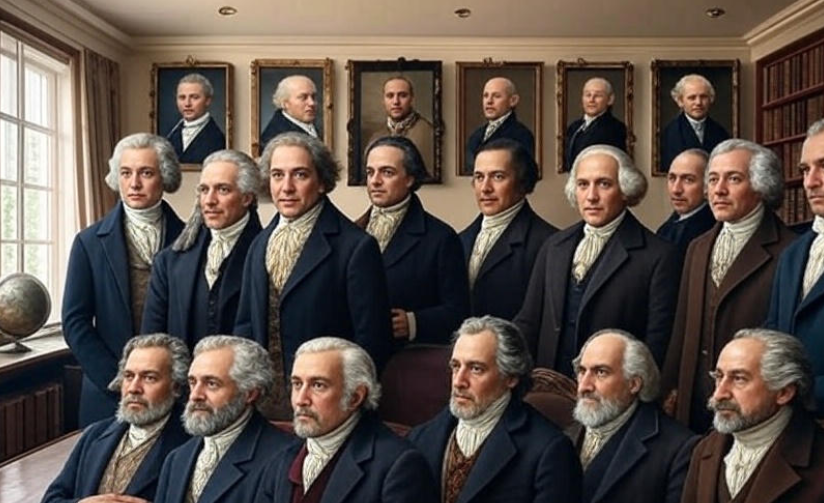
Why These Figures Matter Today
-
They shaped politics (Caesar, Napoleon, Churchill, Mandela).
-
They transformed science (Newton, Einstein, Da Vinci).
-
They influenced culture and society (Prophet Muhammad, Gandhi, Marx).
-
They built empires and connections (Alexander, Genghis Khan).
Together, their stories show that one person truly can change the direction of history.
FAQs
Q1: Who is the most influential historical figure of all time?
It depends on perspective. For religion, Prophet Muhammad (PBUH) has had a global influence. For science, Isaac Newton or Einstein. For politics, figures like Caesar or Mandela stand out.
Q2: Why study these figures today?
Because their lessons—good or bad—help us avoid past mistakes and inspire progress.
Q3: Are all these figures “positive” influences?
Not at all. Genghis Khan and Napoleon caused wars, but their impact shaped borders, trade, and systems still in place today.
Q4: Can one person still change the world today?
Yes. With technology and global communication, individuals can influence millions faster than ever before.



